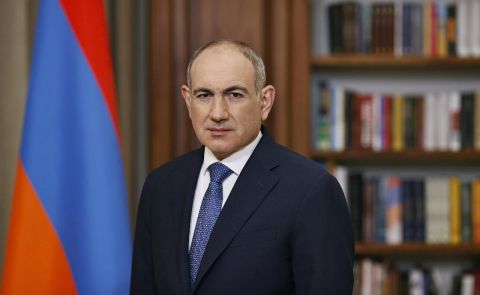
Armenia Receives NATO Support for Peace Talks, Faces Caution from Russia
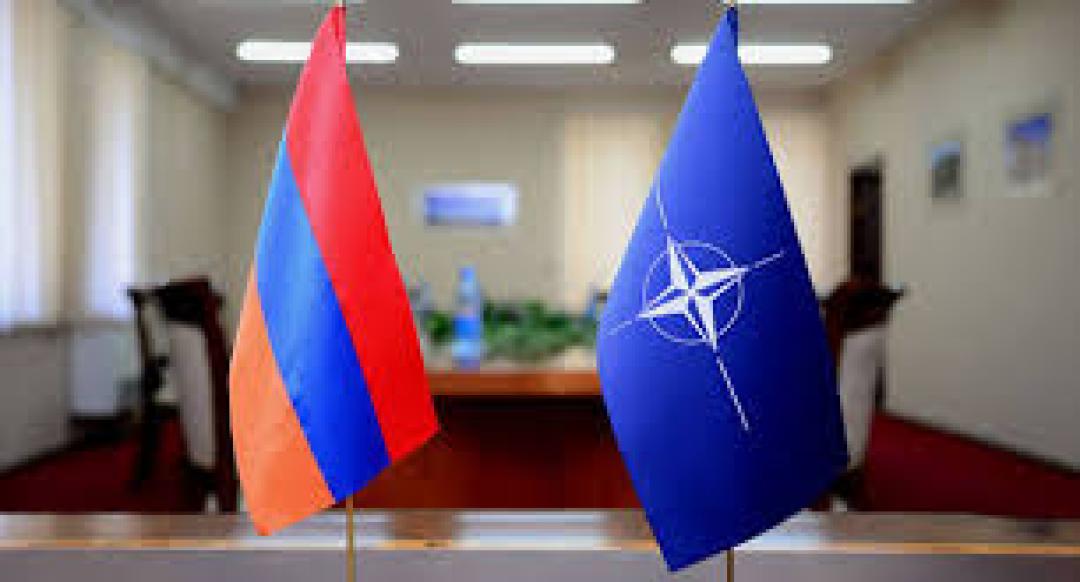
On January 31, Javier Colomina, the special representative of the NATO Secretary General for the South Caucasus and Central Asia, said that NATO expresses support for the normalization of relations between Armenia and Azerbaijan and emphasizes the importance of maintaining the agreed principles at this stage.
Colomina underscored NATO's desire for peace talks to resume promptly. He advocated for continuing negotiations in a bilateral format, leveraging the platforms of the United States and the European Union, emphasizing the importance of achieving lasting peace for stability in the Caucasus.
The NATO representative stressed the fundamental nature of principles such as respect for sovereignty and territorial integrity, indicating that border demarcation and interdependence should also be part of the process. He cautioned against altering the agreed principles, highlighting their significance in the peace process.
Colomina highlighted his extensive engagement in the region, with seven visits since September 2021, demonstrating NATO's commitment to the region's stability. He mentioned his recent visit to Armenia, where he met with Prime Minister Nikol Pashinyan, Secretary of the Security Council Armen Grigoryan, and heads of foreign affairs and defense ministries, describing the meetings as productive and important.
Acknowledging Armenia's foreign and defense policy efforts, Colomina commended the country's policy changes aimed at a closer partnership with NATO. He expressed regret over the postponement of his visit to Baku by Azerbaijan due to the upcoming election, emphasizing the need to resume peace talks expeditiously.
Russian Foreign Ministry Cautions Yerevan
During a briefing on the same day, Maria Zakharova, the Spokesperson for the Russian Foreign Ministry, emphasized that those aspiring for closer ties with NATO must carefully assess the implications and safety of such alignments.
Zakharova cautioned that any pursuit of proximity to NATO should involve a thorough understanding of the potential risks and consequences. She pointed out that numerous states, lured by promises of alliance, have found themselves embroiled in conflicts, compromised in their sovereignty, and compelled to prioritize the interests of others over their own.
In advising Armenia, Zakharova urged a comprehensive analysis of its geopolitical positioning, considering its regional context and neighboring nations. She emphasized the importance of discerning Armenia's national interests and evaluating the potential benefits and drawbacks of different strategic directions. Rather than being swayed by assurances and pledges, Zakharova stressed the necessity of making decisions grounded in a pragmatic assessment of short-term, medium-term, and long-term advantages.
See Also


Russia Begins 24/7 Radiation Monitoring in Dagestan After Iranian Nuclear Incident
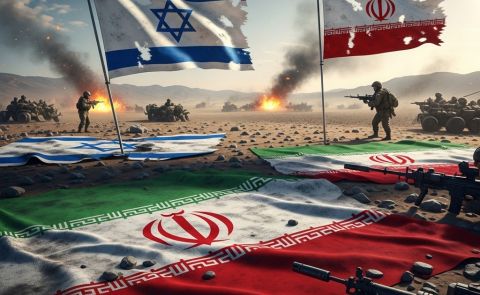
How Do Caucasus States React to Israel-Iran War?
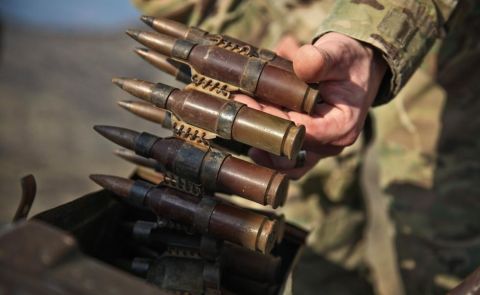
Weekly Brief on Military Situation in the South Caucasus (9–15 June 2025)
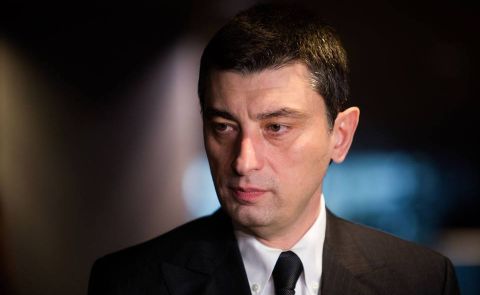
Former Georgian PM Gakharia to Face Prosecution

